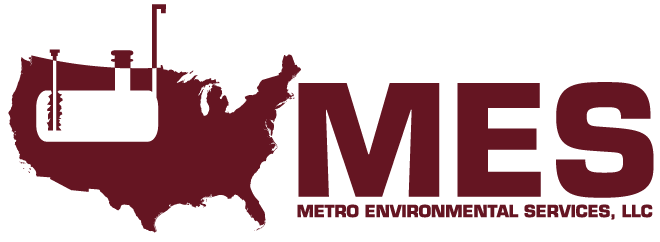Importance of Regular Tank Inspections for USTs & ASTs
Failing to undergo required, regular tank inspections can lead to hefty fines, but are also an essential form of loss prevention.
With their many components, USTs and ASTs are susceptible to wear and tear. Performing regular inspections allows tank owners to identify potential issues, protect their product, and prevent leakage. It can also help to identify small problems before they develop into major problems that lead to costly repairs.
A leaking tank may lead to complaints, costly repairs, or complete failure. If left to fail, a leak can cause environmental contamination and workplace injuries.
Ultimately, regular storage tank inspections are essential because:
- Equipment and associated components last longer when they’re not deficient or overloaded
- Extending the life of the tank equals a better return on the investment
- Proper maintenance ensures the safety of the equipment and employees
You may think you’ll be able to spot a leaking tank on your own, but it’s not always that easy. Many tank leaks occur without a noticeable smell or change in pump pressure. Once a leak is noticed, however, product has often been leaking into the surrounding groundwater for years before the problem is addressed.
What does an aboveground or underground tank inspection entail?
First, we’ll identify what kind of tank inspection you need based on the contents of your storage tank. Our comprehensive tank inspections include more components than you may expect. We regularly perform inspections of:
- Roof, including dome and seals
- Tank shell and floor
- Aperture
- Coating and liner
- Evaluation of settlement
- Strapping and calibration
- Nozzles
- Pump system and associated piping
MES understands the importance of performing beyond what’s required. Many of these components do not require inspection under federal or state regulations.
In a recent GUEST COLUMN for PEI Journal, Patrick J. Vuchetich, vice president of Williams & Co. Consulting Inc. said, “Many tank owners and new inspection companies assume state sample forms or mandated inspection forms for 30-day walkthrough inspections and annual inspections are the gold standard. But these forms contain only the minimum requirements.”
To prevent loss, environmental damage, and employee injury, MES tank inspectors are trained to identify any cracks or crazing, corrosion, or potential environmental hazards. MES can create an inspection and maintenance schedule to help you stay ahead of any issues.






